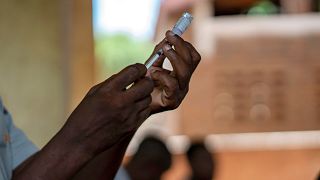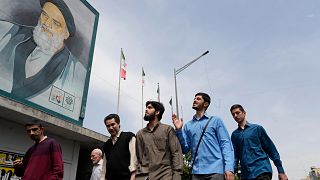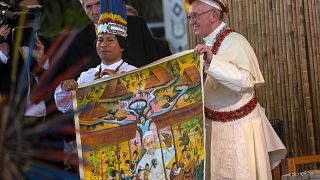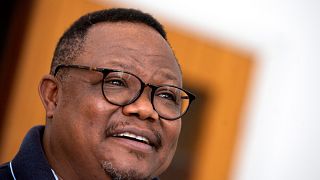Refugees
The world is facing an unprecedented displacement crisis. As of mid-2024, an estimated 122.6 million people were forcibly displaced worldwide, including 43.7 million refugees—reflecting the immense scale of forced displacement globally.
At the same time, constrained and declining international funding has left millions without access to essential, life-saving assistance. The persistent nature of many displacement crises calls for more sustainable and forward-looking approaches to support both refugees and the communities that generously host them. Enhancing refugee self-reliance, improving their inclusion into national systems, and supporting host communities are essential for a comprehensive response—all while advancing progress toward the Sustainable Development Goals (SDGs).
Members of the Economic and Social Council (ECOSOC), observers, UN partners, and representatives from civil society came together on Thursday to discuss and explore sustainable approaches to providing assistance and protection to refugees and host communities, while pursuing durable solutions to the crisis of forced displacement.
Speaking at the meeting, United Nations High Commissioner for Refugees, Filippo Grandi, highlighted four areas. He noted that over the past decade, the number of refugees and displaced people has doubled, from about 60 million to more than120 million plus, primarily due to conflicts. Grandi said, “Wars conducted increasingly in total impunity in respect of international humanitarian law means that civilians, it's obvious, civilians are targeted or impacted at least. And so they flee. They have no other choice but to flee.”
The High Commissioner also said, “The intersection between refugee flows due to conflict and climate change and the impact of climate disasters on populations, hunger, poverty, not all of them technically are causes for somebody to be recognized as a refugee, but they contribute to population movements that are more difficult to handle them before.” Grandi also said, “Whilst displacement refugees, the cause of their movements are very political because more often than not there are conflicts. In the past responses to this crisis where essentially humanitarians.
Now those responses have become increasingly political as well. And that makes it more complicated.” The High Commissioner stressed that funding for humanitarian responses have also declined. The outcome of the special meeting will be a “Call to Action”, to be issued by the President of ECOSOC, with recommendations for further actions by the international community.













01:06
UN warns of deepening Haiti crisis
02:35
Sudanese Refugee Children Find Hope in Libyan School
01:06
Sudan: Thousands flee, more remain trapped in RSF attack on Darfur camp
Go to video
Libyan leaders call for an inclusive political process
Go to video
South Sudan: top UN official in the country warns of risk of new civil war
01:46
UN officials warn of worsening crisis in eastern DRC